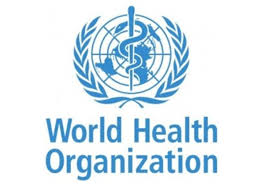The World Health Organization (WHO) has revealed that at least 24 million adults between the ages of 20 and 79 are living with diabetes in Africa, with projections that it could jump to 60 million by 2050
Of this population, according to the health agency, around 12 million remain undiagnosed, facing growing risks of severe complications, disability, and premature death.
WHO Regional Director for Africa, Dr. Mohamed Janabi, made this disclosure through a statement released in Abuja, the nation’s seat capital, to mark World Diabetes Day 2025.
The 2025 World Diabetes Day theme, “Diabetes Across Life Stages,” underscores that diabetes affects people at every age from children and adolescents to adults and older individuals requiring tailored responses for each stage of life.
Janabi highlighted that Africa is experiencing a rapid rise in diabetes, fueled by shifting lifestyles, increasing rates of overweight and obesity, and limited access to preventive and primary healthcare services.
“Unless addressed urgently, diabetes can severely damage the heart, kidneys, eyes, and nerves, affecting individuals, families, and communities, and placing significant pressure on health systems and economies,” Dr. Janabi warned.
He stressed on the importance of resilient health systems, adequately equipped to provide continuous care ranging from prevention and early diagnosis to treatment and lifelong support.
Dr. Janabi recalled that in 2024, African member states endorsed the Framework for the Implementation of the Global Diabetes Compact in Africa, committing to equitable and comprehensive care. Countries including Ghana and Uganda are now integrating diabetes and cardiovascular services into primary healthcare systems.
According to him, WHO is supporting nations in adopting and executing strategies for prevention and treatment.
Janabi added that WHO PEN package, active in 31 countries, and PEN-Plus, operating in 20 countries, are expanding access to affordable, quality care for chronic illnesses at the primary healthcare level.
Who regional director, who also emphasized that commitments must be translated into tangible results, called on countries to strengthen governance, increase funding for non-communicable disease services, and fully integrate diabetes prevention and treatment into national health and primary care plans.











